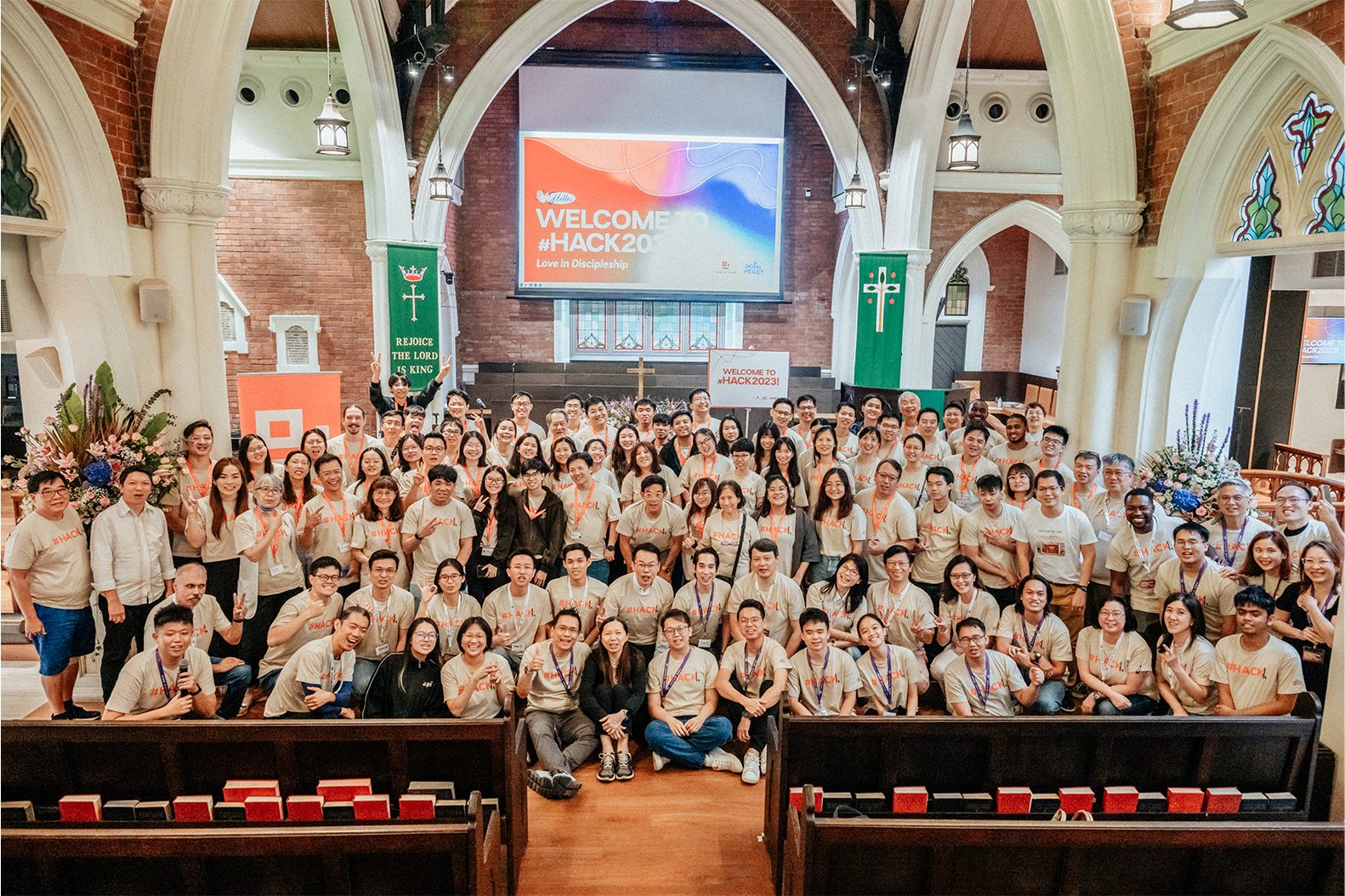Last year, I watched a local play with a friend titled Grandmother Tongue.
It was about the loss of heritage – dialect specifically – among Chinese Singaporeans since independence, and the resulting intergenerational disconnect within families because of language barriers.
The most impactful scene in Grandmother Tongue was when the grandmother refused to accept her son’s invitation to a church for healing from a terminal illness. She said that Christ was a foreign deity she couldn’t come to, as a devout ancestral worshipper.

As one of the few Chinese-educated members of my family, my personal struggle with faith is similar.
I have always felt a sense of isolation within my own church and even within my Christian community at NTU as an undergraduate. For instance, I get many awkward looks and offhand remarks from people who don’t understand me whenever I use Mandarin or Teochew.
The social awkwardness was exacerbated by my affiliation with a Catholic school (my family is Protestant), as I had adopted some customs from their teachings in my teens.
Frankly, despite being Christian, I grew up somewhat agnostic owing to the social stigma placed on me and others like myself. It’s difficult to connect with a God who cannot be seen, when fellow believers around you who are visible and audible, treat you in a manner that is contrary to Scripture.
It is disappointing that most Christians I know lack cultural capital and a sensitivity to their roots.
It’s sad when faith doesn’t transcend the barriers of colour and tongue. Growing up in church communities, it is no wonder that young Christians have pigeonholed their beliefs such that they become ethnocentric and disconnected from the larger world.
So it is unsurprising that new Christians often face intolerance and disdain from their parents when they disclose their conversions, because of the perception that traditional duties go out the window with a change in belief.
It’s sad when faith doesn’t transcend the barriers of colour and tongue.
One passage of the Old Testament which always intrigues me is the curse which befell Miriam after she and Aaron had derided Moses for marrying a woman who was a native from Ethiopia. Moses’ wife would have been deemed an outsider by the Jews.
This resulted in a political showdown between themselves, though Moses remained peaceable throughout this episode. It resulted in God directly intervening in the situation to vindicate Moses of the slander. Miriam’s skin turned white from a bout of leprosy lasting for a week – an ironic twist for slighting Moses’ wife on account of being dark-skinned.
What I’ve realised from this passage is that a Christian community is meant to be a safe and nurturing place for all believers.
When Christ issued the Great Commission, the phrase “teach all nations” was not accidental. It was a declaration that no longer was the Covenant specific to the people of Israel, but the death and resurrection of Jesus meant salvation was available to all – Jew and Gentile.

Nevertheless, I continue to contribute to the church ministry I am involved in as a para-counsellor for at-risk students, and attempt to live peaceably with my neighbours at the service I worship at (which comprises largely of senior citizens).
But I am burdened (and admittedly embittered) by the extent of homogeneity from my experience in the Youth and Young Adults ministries both socially and culturally.
Perhaps one ought to understand that though Christ was born a Jew, He transcended socio-cultural barriers and graciously welcomed all who would otherwise have been considered outcasts. Similarly, in the Pauline Letters, the hospitality and charity between the churches of Macedonia and Thessalonica were commended (2 Corinthians 8, 9).
… a Christian community is meant to be a safe and nurturing place for all believers.
In light of the issues I’ve raised, what I would recommend to my peers would be to study the Word in a foreign language (or even Mother Tongue) as one means to witness to unbelievers who don’t speak English. Doing so, I’ve gleaned fresh insight from the historical contexts and linguistic nuances found in other languages, interpretations and translations.
In addition, it’s important to meet non-believers where they are in life. Firmly but lovingly, we are to help them overcome all the barriers to faith through Christ working in us.
I’d like to leave us with a hymn. What we as Christians are meant to preach and practice to the world is summed up beautifully in this one by John Oxenham.
In Christ there is no East or West,
In Him no South or North;
But one great fellowship of love
Throughout the whole wide earth.
In Him shall true hearts everywhere
Their high communion find;
His service is the golden cord,
Close binding humankind.
Join hands, then, members of the faith,
Whatever your race may be!
Who serves my Father as His child
Is surely kin to me.
In Christ now meet both East and West,
In Him meet North and South;
All Christly souls are one in Him
Throughout the whole wide earth.










